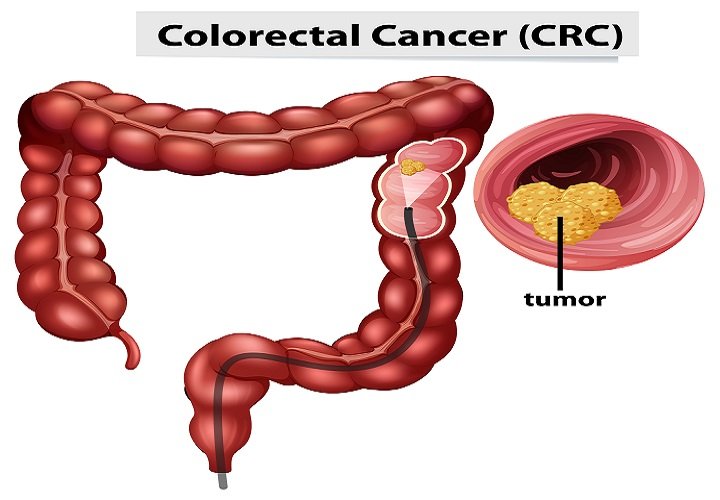Get Screened Early & Beat Colon Cancer: Here’s How
In a medical landscape where early detection frequently dictates outcomes, delaying or neglecting colon cancer screening isn't an option. Consider colon cancer as an imminent threat that doesn't wait for your readiness. Fortunately, you have a substantial defense mechanism at your disposal—colonoscopy screening. This tool allows you to proactively mitigate the risks associated with this potentially fatal disease. Continue reading to arm yourself with vital information on staying vigilant.
Diverging Views on When to Begin
Opinions vary when it comes to the right age to initiate screening for colon cancer. Traditionally, medical guidance recommends that individuals begin screening at age 50. However, newer viewpoints advocate for starting as early as age 45. This change stems from the increasing number of young adults getting diagnosed with colon cancer. By lowering the age for initial screening, the medical community aims to nip this life-threatening condition in the bud.
The Rationale Behind Earlier Screenings
It's not simply about adhering to new trends; there's substantial logic behind the push for earlier screening. The incidence of colon cancer among younger adults has seen a disturbing uptick. Early detection is crucial for effective treatment and can considerably improve survival rates. A simple screening can serve as an early warning system, setting the stage for preemptive measures and treatments.
Exploring Various Methods for Detection
When facing the potential threat of colon cancer, it's critical to recognize that multiple diagnostic options are available to you. Each has its merits, limitations and ideal use cases. Here, we delve into the distinct characteristics of the stool test and colonoscopy to give you a well-rounded perspective.
Stool Test: The Convenient First Step
The stool test, or fecal occult blood test (FOBT), is often the initial screening measure due to its non-invasive nature. Essentially, this test scans your stool sample for the presence of hidden or 'occult' blood, which could signify a range of gastrointestinal issues, including colon cancer. The test is straightforward: you collect a small stool sample using a kit provided by your healthcare provider, and the lab analyzes it for traces of blood.
Advantages
No preparation needed
Can be done in the privacy of your home
No anesthesia or sedation required
Limitations
Cannot diagnose cancer directly
False positives and negatives are possible
May need a follow-up colonoscopy for confirmation
Less accurate than a colonoscopy
Colonoscopy: A Comprehensive Screening Measure
A colonoscopy, deemed as the gold standard in the field of colon cancer screening, is a more in-depth diagnostic procedure. During the test, a thin, flexible tube equipped with a camera at the end is inserted into the rectum, allowing medical professionals to visually examine the entire colon and rectum for abnormalities like polyps or tumors. If anything suspicious is found, they can remove it immediately for further testing.
Advantages
Highly accurate
Offers a full visual survey of the colon and rectum
Allows for the removal of precancerous polyps
Limitations
Requires bowel preparation, often considered uncomfortable
It is not as convenient as a stool test; it must be done in a medical facility
Why Colonoscopy Screening is Unmatched
While the stool test offers a good starting point for colon cancer detection, a colonoscopy screening delivers unparalleled accuracy and thoroughness. The ability to detect and remove precancerous polyps in a single session sets it apart as the most robust screening method available. Early detection could very well save your life, making a colonoscopy your optimal choice for comprehensive screening.
Your Health, One Screening Away
Colon cancer doesn't have to catch you off guard. The key to effective management lies in early detection, and there's no better way to ensure this than through efficient colonoscopy screening. So take charge, consult your healthcare provider, and find out the best screening approach tailored for you. Prevention is not just better than cure; it's your best strategy for a healthy, long life. Ready to take control of your well-being? Schedule a colonoscopy screening with Screen The City now. Don't let colon cancer sneak up on you—act today for peace of mind tomorrow.
**Disclaimer: This blog content does not intend to offer a doctor’s advice and mentions no relationship between any patient and the care provider.

